Insulin Resistance Quiz
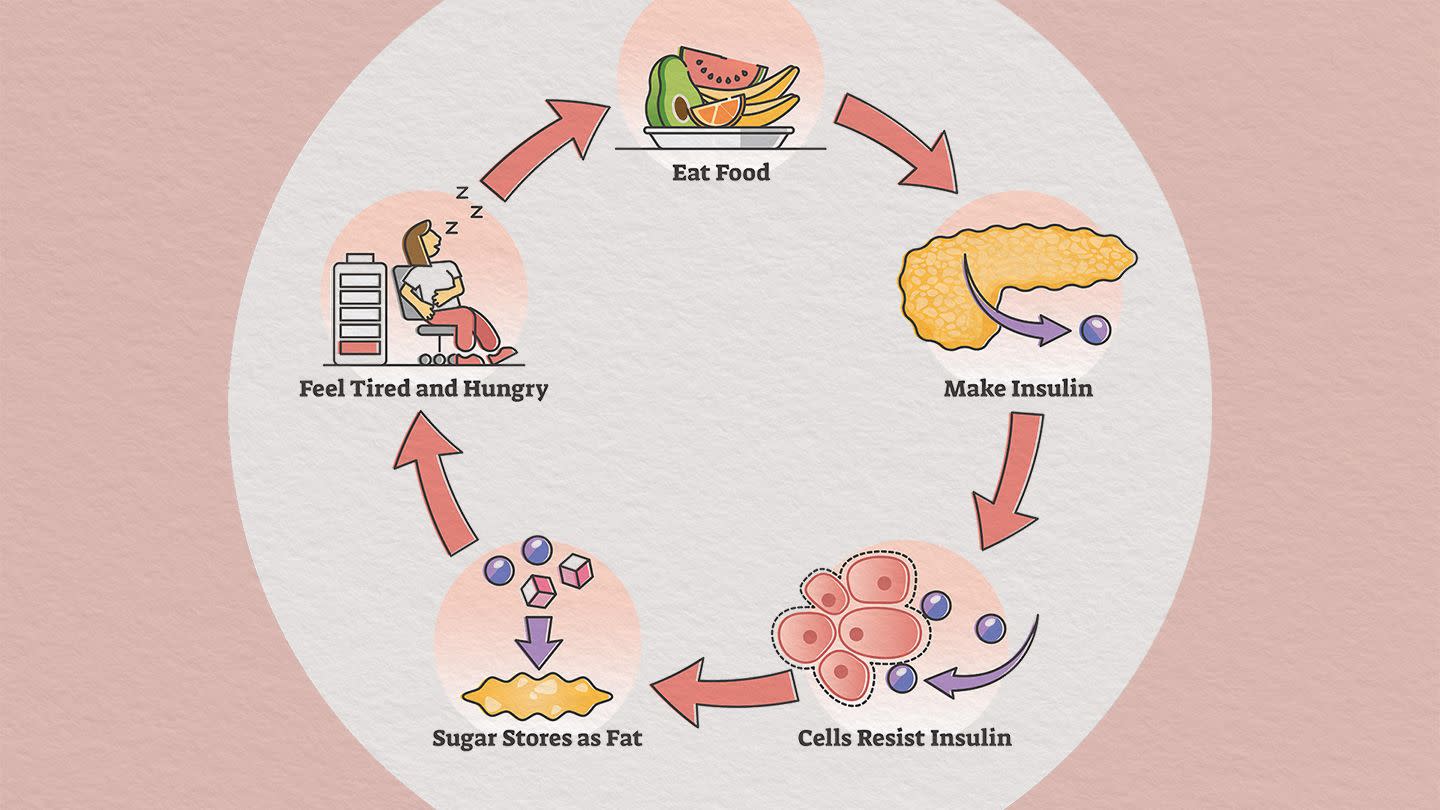
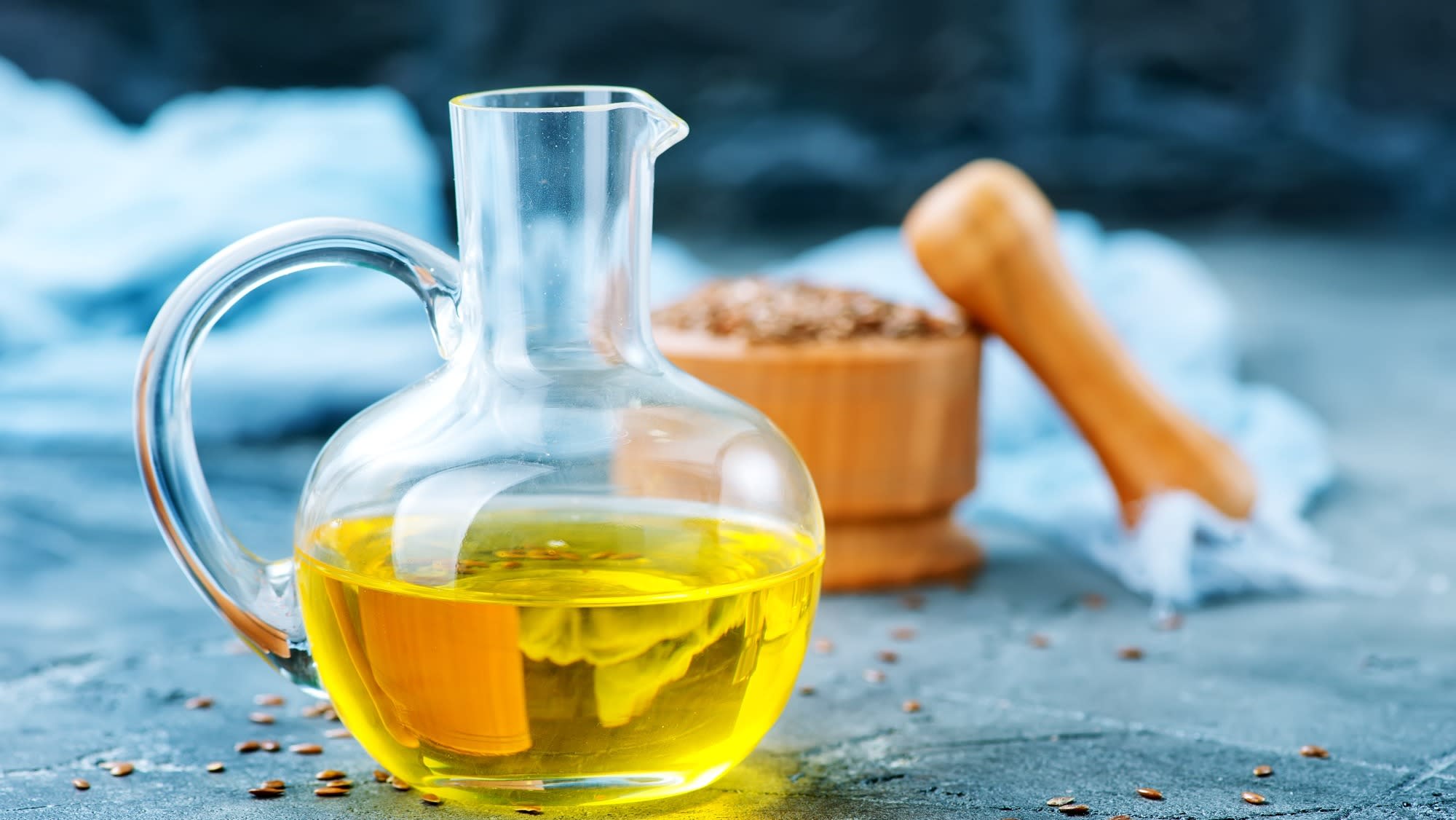
Seed oils (like canola, soybean, sunflower, cottonseed, grapeseed, and corn oil) are high in omega-6 fatty acids and prone to oxidation, which can damage cell membranes and interfere with insulin signaling.
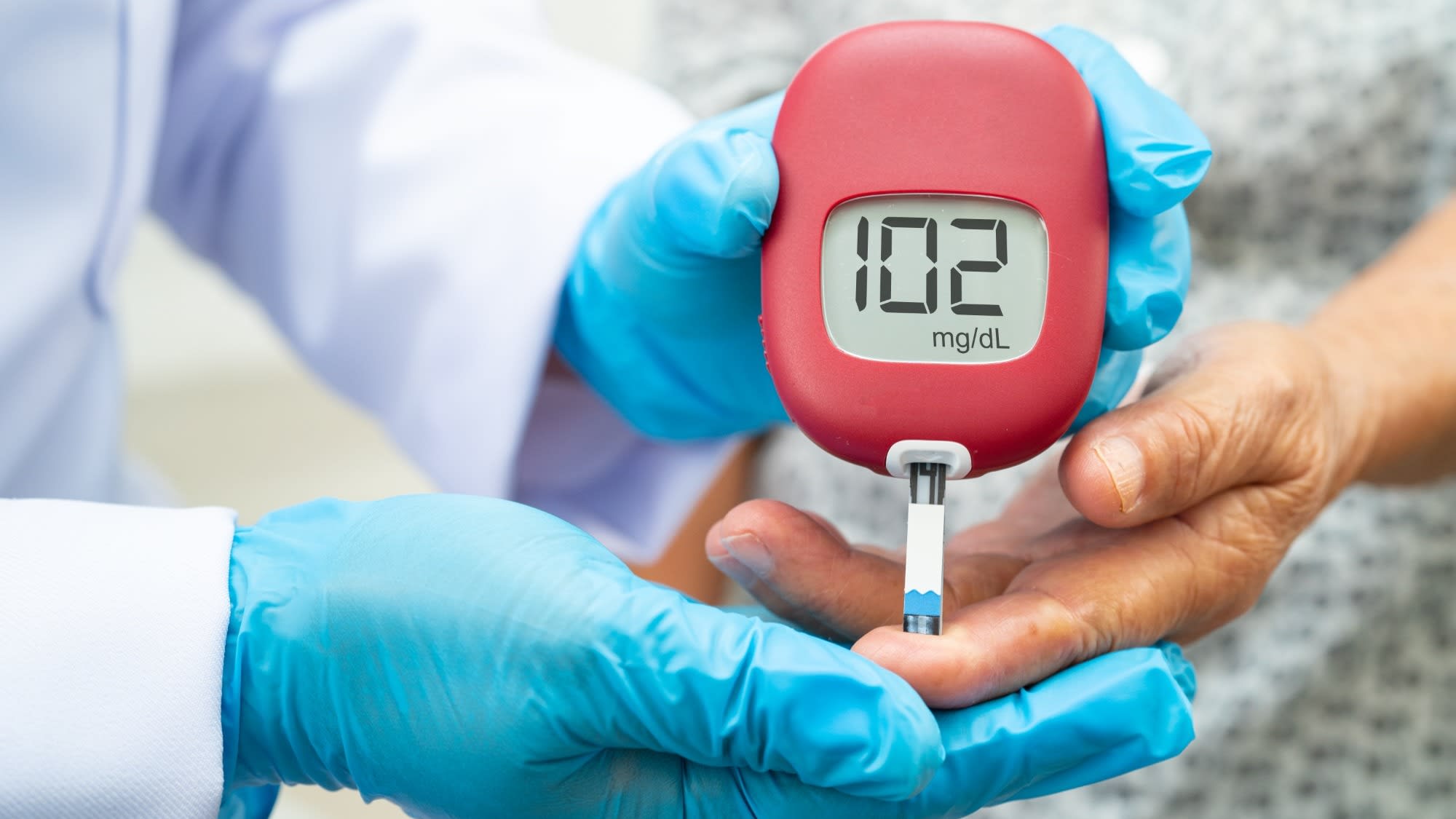
Modern wheat was hybridized as early as the 1960s to have higher yields and more pest resistant BUT it has a higher glycemic index than sugar, causing blood sugar spikes that lead to insulin resistance over time.

PCOS is a hormonal disorder frequently tied to insulin resistance, leading to symptoms like irregular cycles, weight gain, acne, hair growth on the face or chest, and infertility.
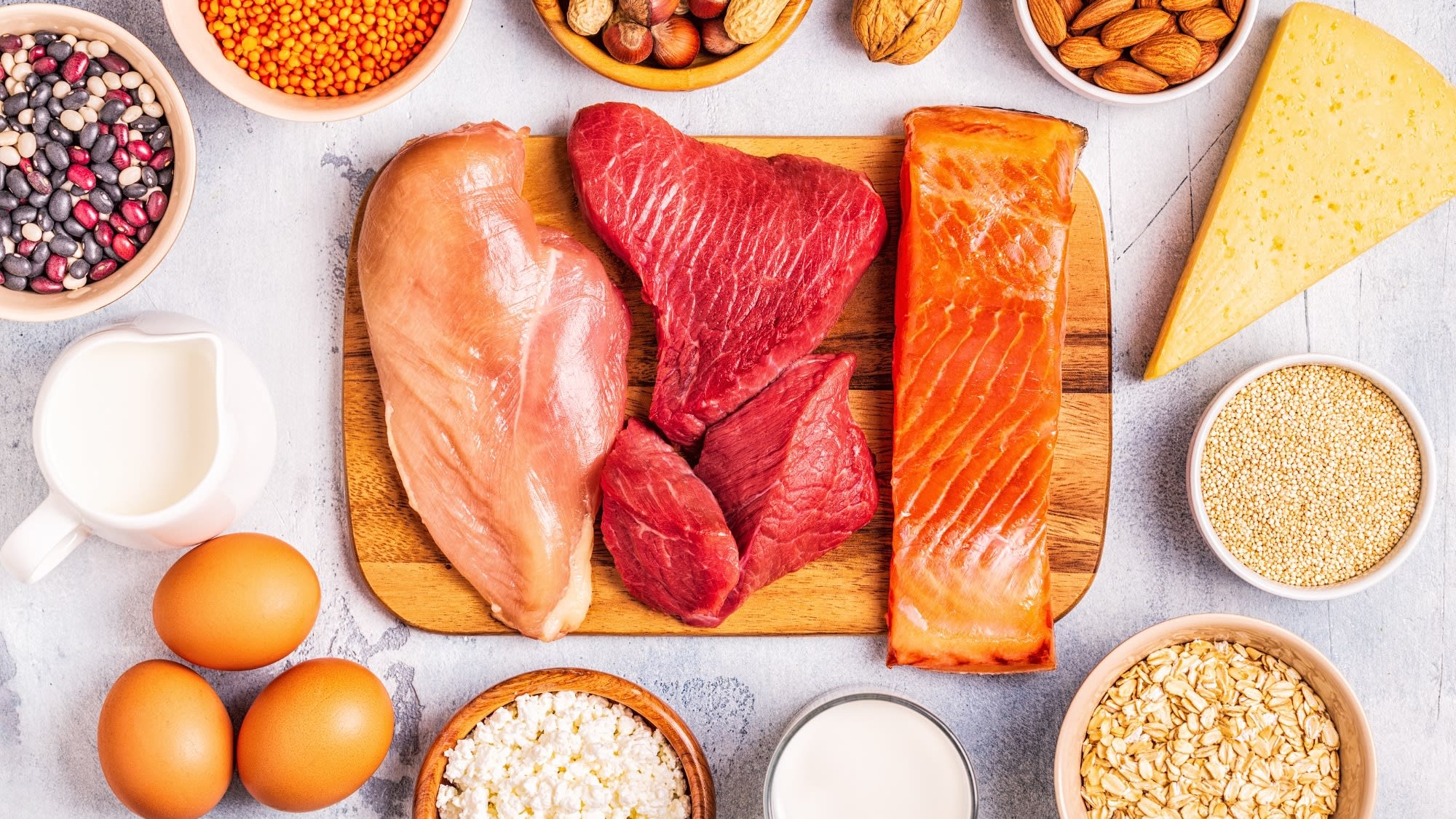
While fat, stress, and microbiome issues all play a role, protein is not typically a direct cause of insulin resistance.

Visceral fat (around the organs) is metabolically active and produces inflammatory molecules that worsen insulin sensitivity.

Sleep apnea causes a plethora of issues that create insulin resistance:
· Repeated episodes of oxygen deprivation during sleep stress the body, leading to increased cortisol levels, which promote insulin resistance.
· Triggers systemic inflammation by releasing pro-inflammatory cytokines (like TNF-α and IL-6), which disrupt insulin signaling pathways.
· Activates the sympathetic nervous system, increasing stress hormones like adrenaline and noradrenaline, which elevate blood sugar and impair insulin function.

Type 2 diabetes develops when insulin resistance overworks the pancreas to compensate producing more insulin to try to get glucose in the cells. But over time this can lead to beta-cell exhaustion and a decline in insulin production resulting in elevated blood sugar levels.
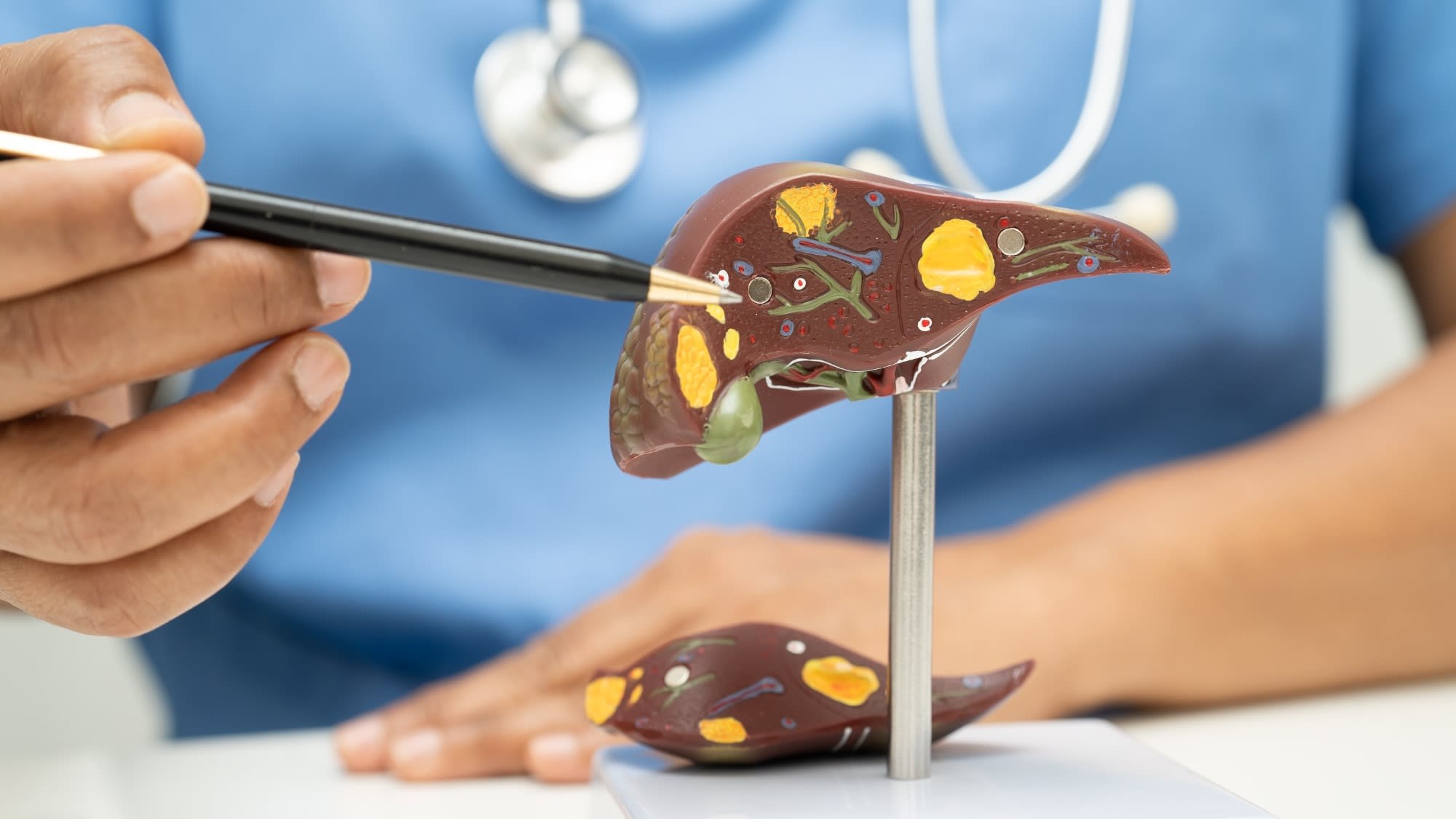
NAFLD occurs when excess fat builds up in the liver, often due to insulin resistance, even in those who don’t drink alcohol.
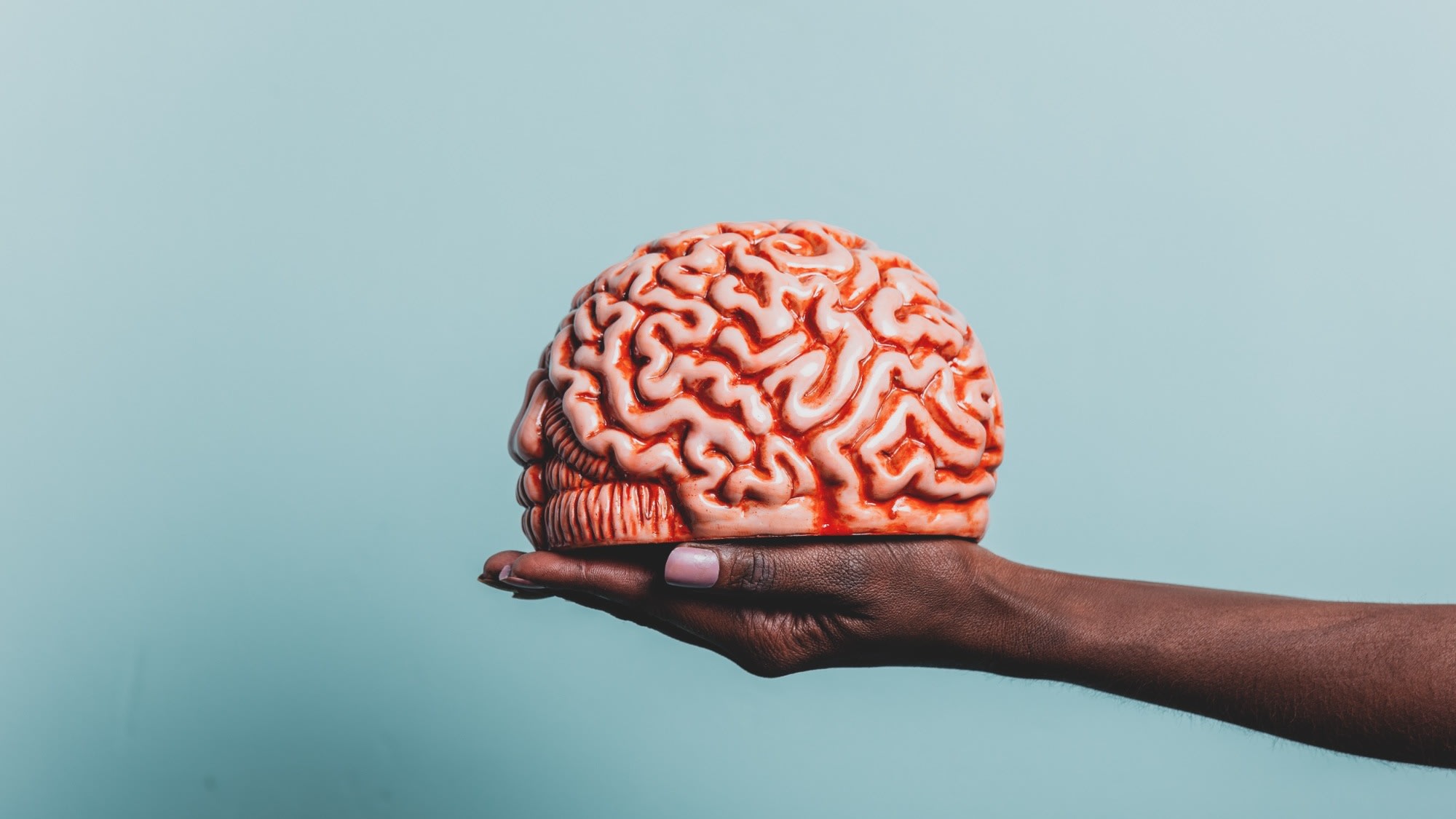
Yes, your brain cells can even become insulin resistant! This can impair glucose metabolism affecting brain energy production. It is also linked to the tangles and plaque build up in the brain contributing to cognitive decline. And mostly insulin resistance causes neuroinflammation and mitochondrial dysfunction which creates neurodegeneration!
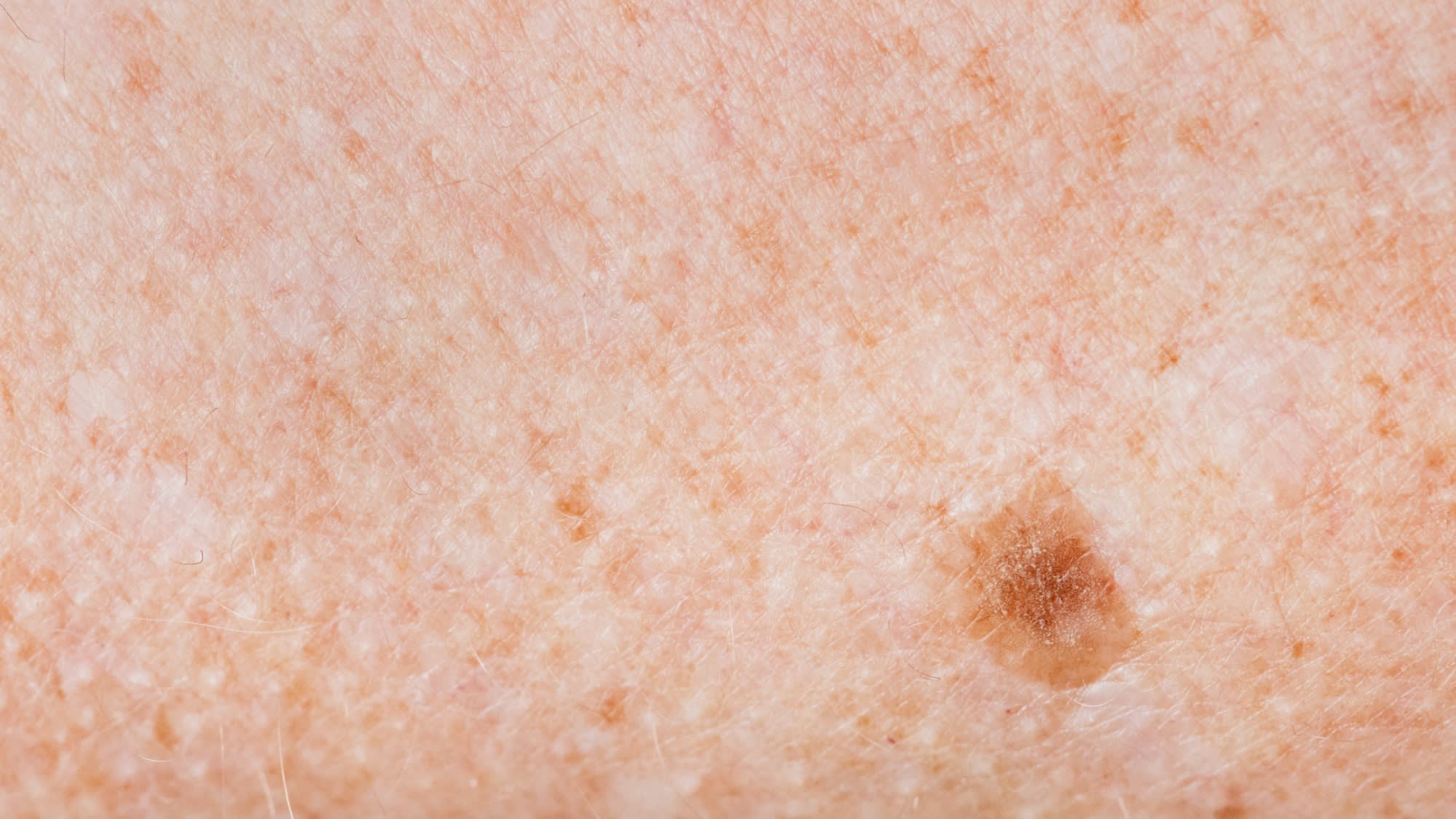
People of all ages can get skin tags, but did you know it is a sign of Insulin Resistance? Increased levels of insulin promote growth factors which can look like skin tags! Another common skin growth is Acanthosis Nigricans which appears as dark, velvety patches in the folds and creases of skin.

Chronic stress elevates cortisol, a hormone that raises blood sugar, which can lead to greater insulin demands and resistance over time. So when you are stressed DAILY, what is that doing to your body??
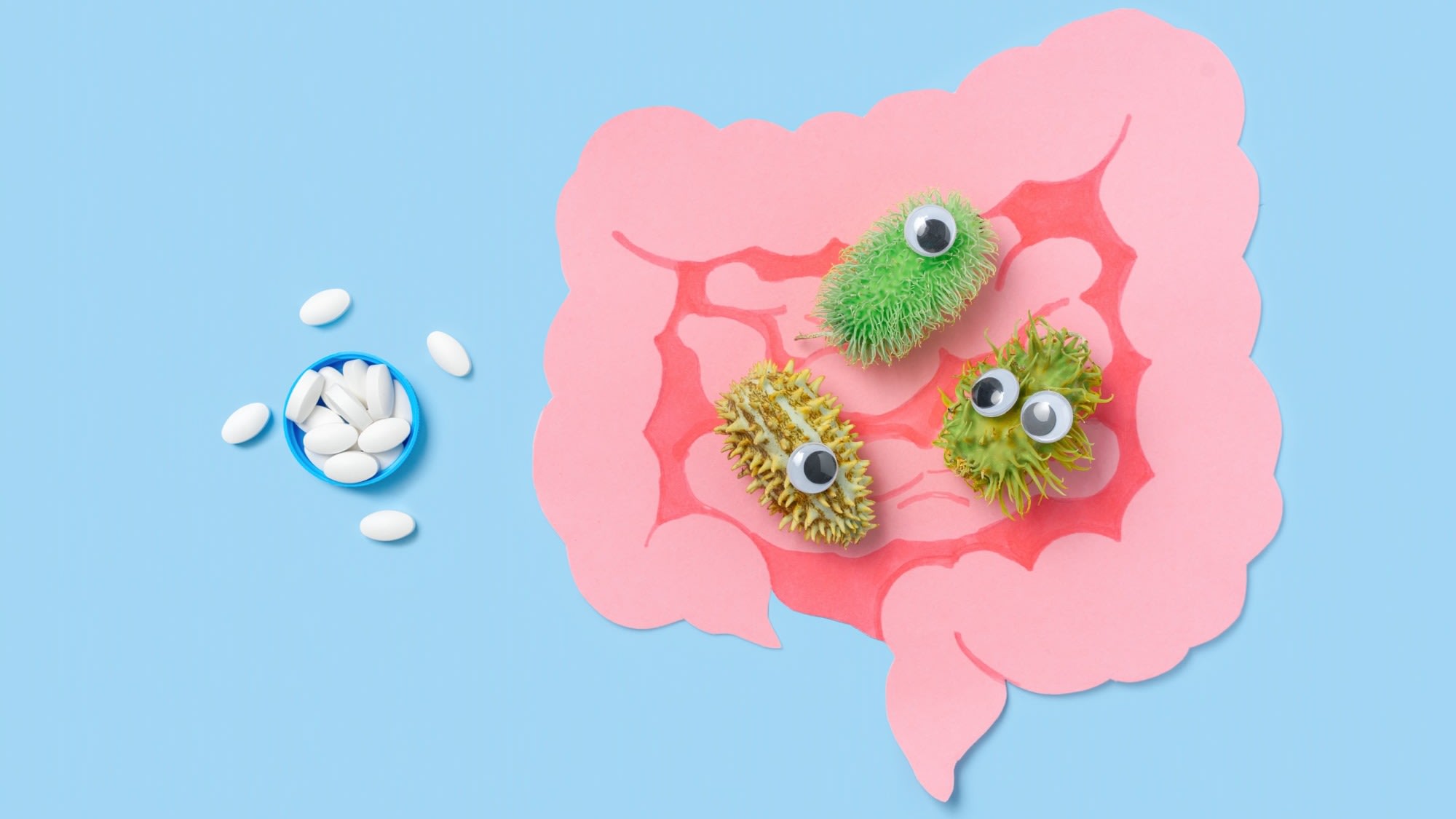
An unbalanced gut microbiome can increase inflammation and interfere with blood sugar regulation, contributing to insulin resistance. Believe it ir not certain gut bacteria can either enhance or hinder insulin signaling! A higher git biodiversity give you better insulin sensitivity whereas dysbiosis causes overall inflammation and insulin resistance!
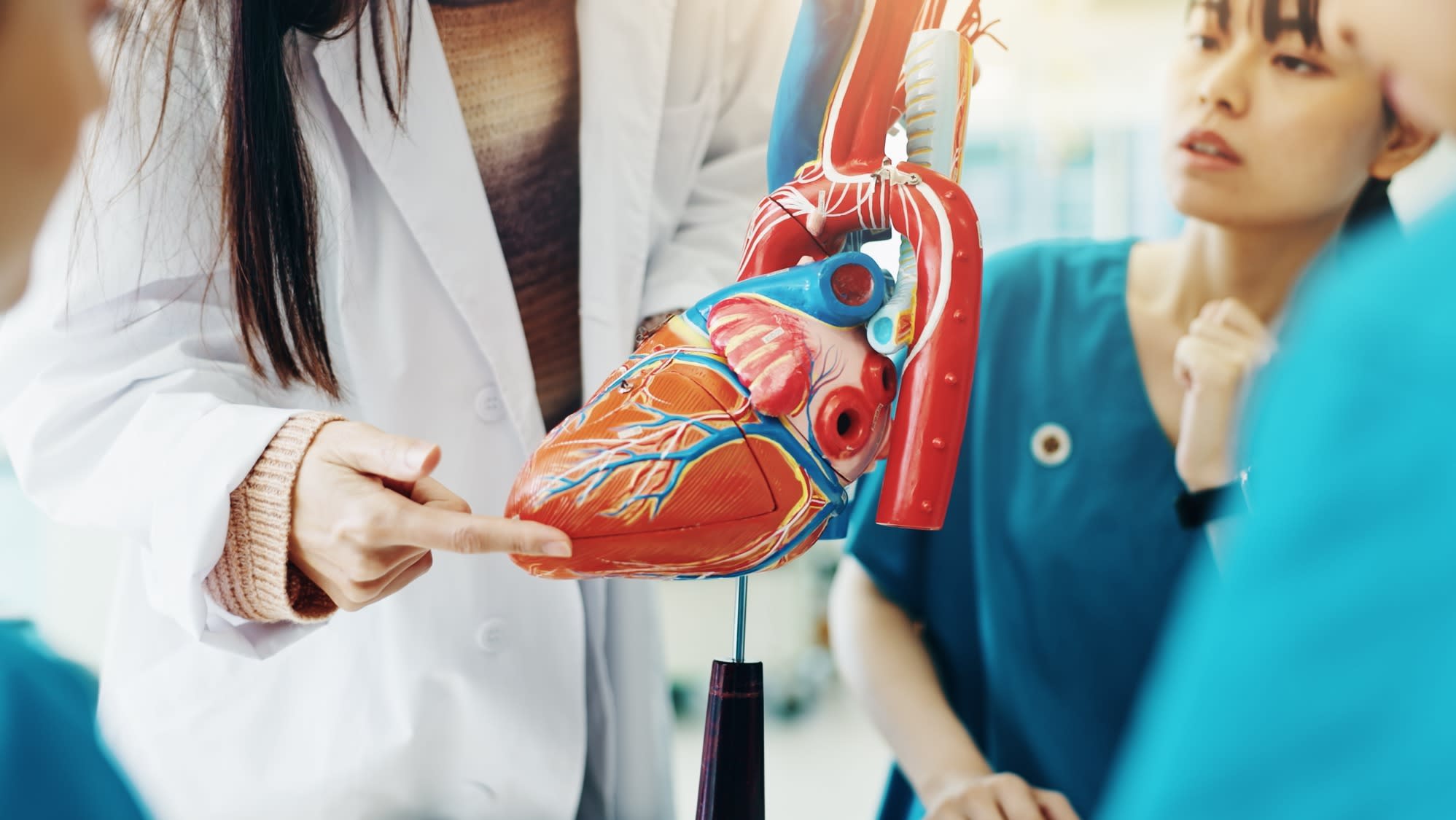
Insulin Resistance leads to damage of the blood vessels leading to poor circulation and much higher risks of heart attacks and strokes due to an increased tendency for the blood to clot. High blood pressure is a symptom potentially seen earlier on whereby Insulin resistance can reduce the ability of blood vessels to produce nitric oxide, a molecule that helps relax and dilate blood vessels controlling blood pressure.

Insulin Resistance leads to damage to so many parts fo the body – will you make a change today?
- Unexplained weight gain, especially around the abdomen
- Sleep disturbances and sleep apnea
- INFLAMMATION
- Irritability & moodiness
- Headaches or dizziness
- Constant hunger or sugar cravings
- Fatigue or energy crashes after meals – need to nap
- Brain fog or difficulty focusing
- High blood pressure or cholesterol
- Fatty liver
- Frequent urination
- Anxiety or depression
- Skin tags & cysts & lipomas (fatty tumor)
- Frequent infections or slow healing
- Darkened patches of skin (acanthosis nigricans)
- Dark skin folds
- Loss of muscle mass
- Retinopathy
- Polycystic Ovary Syndrome (PCOS), acne or other hormonal imbalances
- ACCELERATED AGING!

All of these can be symptoms of the Silent Epidemic of Insulin Resistance including over 40% of adults worldwide! These symptoms then can go on to create:
- Accelerated Aging
- Kidney Disease
- Atherosclerosis
- Neuropathy
- Impaired Immune System
- Joints wear down
- Alzheimers